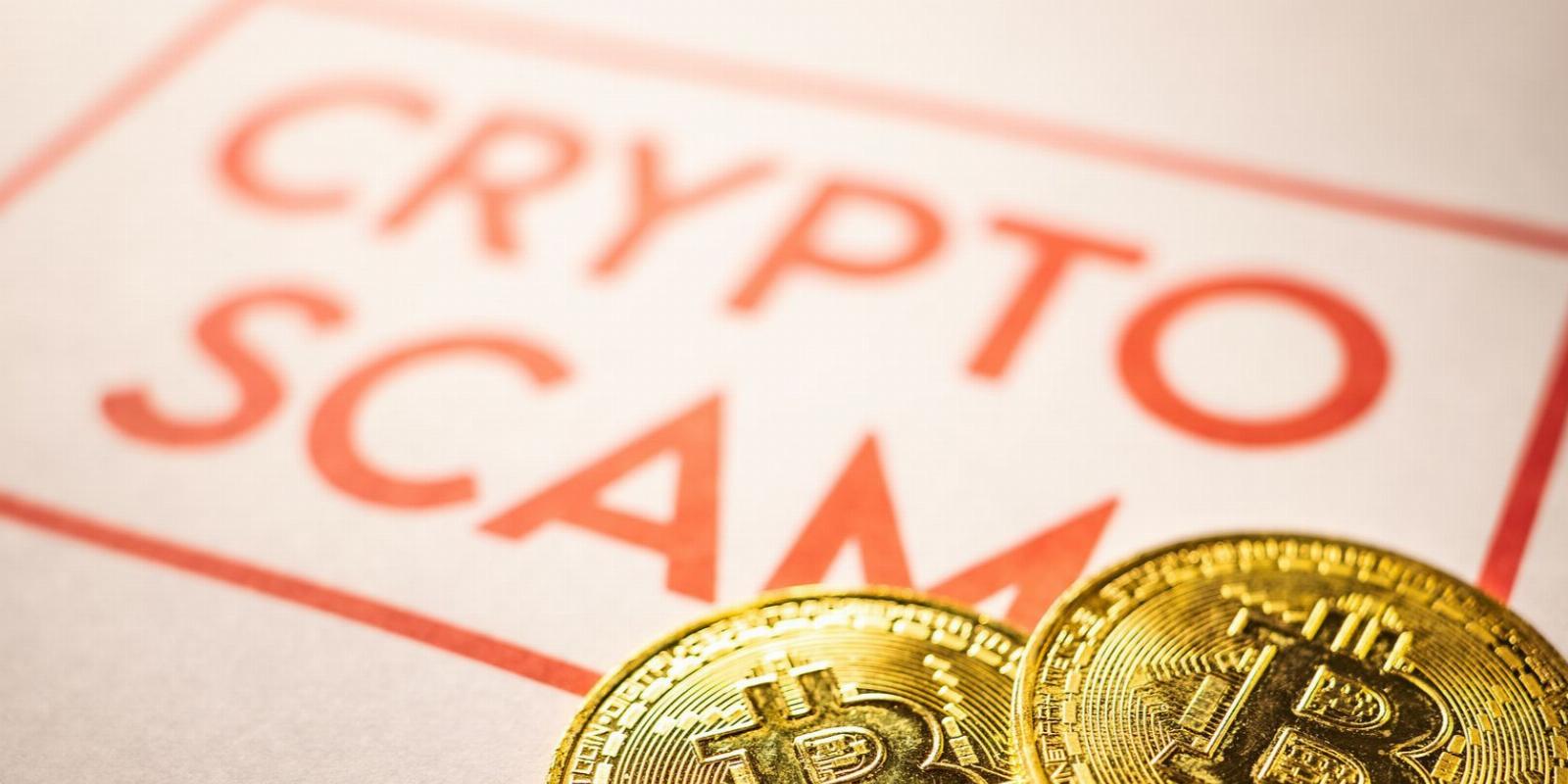
What Are BingChatGPT Crypto Scam Tokens and How Can You Spot Them?
Reading Time: 3 minutesWhen new tech trends, it never takes long for the crypto-scammers to try and use it to their advantage.
If you’re into tech, you’ve likely heard of ChatGPT. This AI-powered chatbot has taken the world by storm, with Microsoft’s Bing AI-powered browser piquing the public’s interest, too. But this wave of popularity has not gone unnoticed by malicious actors.
So, how are cybercriminals using BingChatGPT to carry out crypto scams?
What Is Bing’s AI Browser?
Nowadays, your typical search engine will take inputted text and scour the internet for the most relevant results. This is by no means a shoddy model but could be improved upon using artificial intelligence.
In February 2023, Microsoft launched its new AI-powered Bing search available for its Microsoft Edge browser. Discussions about AI and its applications have proliferated throughout late 2022 and early 2023, with platforms like ChatGPT showing people just how useful this technology can be. ChatGPT, developed by OpenAI, is a chatbot powered by artificial intelligence that can help users in a number of ways. For instance, you could use ChatGPT to write code, learn a language, or even schedule your meals.
With Microsoft integrating AI into its Bing search tool, users can expect an improved search experience, more complete answers, and an interactive AI-powered chat to help them create content. So, how are these new technologies being capitalized on by malicious actors?
What Are BingChatGPT Scam Tokens?
The crypto industry is no stranger to scam tokens. Thousands of people have fallen victim to fake assets launched by malicious actors, with some losing huge amounts of money to such scams. So, it’s really no surprise that cybercriminals are looking to use Bing and ChatGPT’s well-established names to lure in unknowing victims.
Using Bing and ChatGPT’s names, cybercriminals can create an air of faux legitimacy, increasing their chances of attracting more investors.
On February 20, 2023, blockchain security firm PeckShield posted on its Twitter account, alerting users of dozens of scam tokens associated with Bing and ChatGPT.
In the tweet, PeckShield states that three of the detected tokens are being sold through honeypot scams, which trick the victim into believing they will receive a sum of money if they send over a smaller amount first. In the crypto space, a honeypot can be a smart contract from which the victim believes they can get funds via a design flaw. Unfortunately, this lure often distracts the victim from other risks associated with the scheme.
PeckShield also states that two of the BingChatGPT scam tokens have high sell tax (when you attempt to sell your holdings, you’ll lose most of it in tax anyway), and two have already lost 99 percent of their value.
The BingChatGPT scam tokens mostly exist on the BNB Smart Chain at the time of writing, as well as Ethereum. Some scam tokens have also been found on Arbitrum, an Ethereum Layer 2 blockchain.
It seems that the BingChatGPT tokens are being used in pump-and-dump schemes, which are common in the crypto realm. In a pump-and-dump scheme, a token is heavily marketed and promoted, causing an upward tick in demand and, therefore, a price rise.
Then, the scammers who launched the coin will sell all their holdings at a higher price. These scammers hold back a large proportion of the overall supply to make big profits by dumping it after the price rise. The huge sell-off causes a massive price crash, leaving all other investors out of pocket.
How to Steer Clear of Scam Crypto Tokens
There are many key warning signs of a scam token, but we’ll briefly run over what you should look out for here to protect yourself from crypto scams.
Firstly, check for the whitepaper. Cryptocurrencies should always have a whitepaper (a document detailing the asset’s origins, dynamics, and goals) upon launch. If a cryptocurrency doesn’t have a whitepaper, this may be a sign of a scam, as cybercriminals often won’t bother with this element. Alternatively, the cybercriminals may copy another legitimate crypto’s whitepaper to convince victims of their legitimacy.
You should also steer clear of brand-new tokens that have experienced huge price hikes in a short period. Additionally, you could check how much of the total token supply is in circulation. If a very high proportion is being held back, this may indicate that the developers are looking to sell off a large volume at some point.
Finally, beware of tokens with names linked to any trend or meme. Memecoins like Dogecoin and Shiba Inu have become popular, but most meme cryptos are used in scams.
Scam Tokens Pose a Huge Risk to Investors
Scam cryptocurrencies have been a popular crime vector for years, with some stealing huge sums of money from unsuspecting investors. Unfortunately, this risk will likely continue to permeate the crypto industry, which is why it’s important to be aware of the warning signs of a scam token.
Reference: https://www.makeuseof.com/what-are-bingchatgpt-crypto-scam-tokens/
Ref: makeuseof
MediaDownloader.net -> Free Online Video Downloader, Download Any Video From YouTube, VK, Vimeo, Twitter, Twitch, Tumblr, Tiktok, Telegram, TED, Streamable, Soundcloud, Snapchat, Share, Rumble, Reddit, PuhuTV, Pinterest, Periscope, Ok.ru, MxTakatak, Mixcloud, Mashable, LinkedIn, Likee, Kwai, Izlesene, Instagram, Imgur, IMDB, Ifunny, Gaana, Flickr, Febspot, Facebook, ESPN, Douyin, Dailymotion, Buzzfeed, BluTV, Blogger, Bitchute, Bilibili, Bandcamp, Akıllı, 9GAG